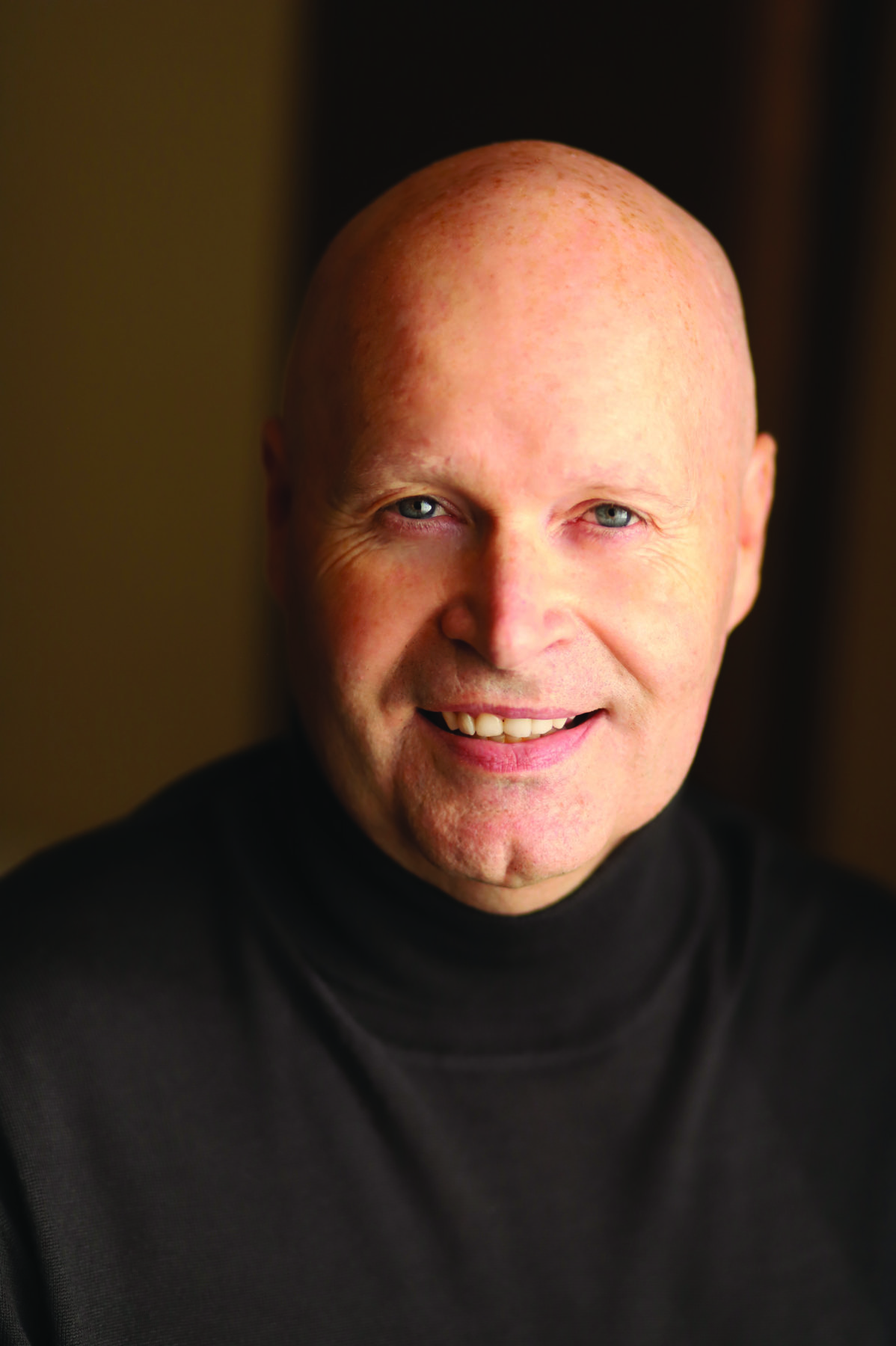Why the Quality of the Food You Eat Should Be Priority

The following is adapted from Healthy Dad Sick Dad.
As an experienced medical doctor and trained practitioner of Jin Shin Jyutsu (the use of light touch over specific areas of the body to create balance), I have seen a steady flow of patients over the years, complaining of pain, lack of energy, poor sleep, digestive troubles, and much more. Most of these patients are in their retirement years. Instead of enjoying their retirement, they’re living with increased medications and decreased happiness.
If you want to avoid these ailments later in life or even in the near future, there is one thing you can do—make the quality of the food you eat your top priority.
Not sure how to do that? That’s OK, because I’m about to share with you exactly how to eat organic, know your fats, and make better choices. Then, you’ll at least know what to put into your body. From there, the choice will be yours: follow your same nutritional pathway with consequences, or eat better and enjoy your time now and in the future.
You Can’t Afford Not to Eat Organic
Most diets have good intentions, but fail because they miss the most important lesson, which is to eat real quality food! The fewer hands it takes to get the food to your mouth, the healthier your diet will be. This means you need to eat organic foods whenever possible.
Organic whole grains, fruits, vegetables, beans, and legumes are essential to good health. If your dietary habit focuses on consuming these products, you will likely reap the rewards of increased energy, less pain, and a better overall quality of life.
Eating organic — on its own — is a huge step in the right, healthy direction.
When foods are labeled “organic,” it means that no chemicals were used in the process from growing the crop to getting it on the shelf in the grocery store. It also indicates that no genetically modified organisms (GMOs) were used in the process.
Look for the organic label in every food you purchase. Does it cost more to do that? Sure. In fact, that’s the number one complaint I hear about such a habit. My answer to that is, “Can you put a price on your health?”
Also, when you look more comprehensively at the cost factor, organic foods are likely to save you in reduced medications and medical procedures down the road. So, when you really think about the cost of your food choices, you really can’t afford not to eat organic.
Know Your Fats
If you eat strictly organic produce whenever possible, you can then add animal foods in small amounts for essential proteins. If you’re going to eat meat, make sure it’s grass-fed beef, free-range chicken, and wild-caught fish. These foods contain fats, but most of it is good fat.
What do I mean by “good” fat? I’m referring to omega-3 polyunsaturated fatty acids (PUFA). You can also find these in non-genetically modified milk, butter, wild fish oils (especially krill and salmon), and eggs.
When you get these “good” fats from food, your metabolism increases. This means you process your food quicker and have less likelihood of gaining excess weight.
Omega-3 fats will also provide you with a sufficient amount of vitamin D3, which will help you to absorb calcium easier and make the body more alkaline. This will have a chain reaction that raises your body temperature and creates an environment that allows good bacteria to grow to create natural health.
It may sound complicated, but really it still comes down to eating as naturally as possible, whether it’s in your protein intake or in produce-based foods.
Making Better Choices for Today and Tomorrow
Most of us simply don’t get the nutritional value we need from the foods we eat. When you eat a typical fast-food meal, how do you feel afterward? Probably tired for about an hour or so from all the fat and carbs, but empty and hungry almost immediately after that initial malaise. The reason is that the nutritional value that came from that meal was about the same as the cardboard box in which it was served.
Understand that the time is now, whether you’re 20-something or 50-something years old. The habits you create today will affect how you feel tomorrow. So, the next time you’re hungry and passing by a local drive-thru chain, keep driving. Take the extra ten minutes it requires to get home and eat a naturally healthy meal.
By eating mostly natural meals, it will be far less likely that I will see you as a patient in your retirement years with complaints of a bad back or side effects from too many medications.
Eat healthy and live well!
For more advice on why the quality of the food you eat should be priority one, you can find Healthy Dad Sick Dad on Amazon.
About the Author

Dr. Glen N. Robison, Diplomate of the American Board of Multiple Specialties in Podiatry Board Certified in Primary Care in Podiatric Medicine. Dr. Robison is a Jin Shin Jyutsu practitioner and certified Myopractor, trained in releasing deep restrictions of motion in the body that resides at the root of our symptoms and ailments. Having applied the principles found in this book for over fifteen years, he has expanded his practice to include dietary approaches that address everything from fungal infections to diabetes. Learn more at www.liveitlifestyles.com.






